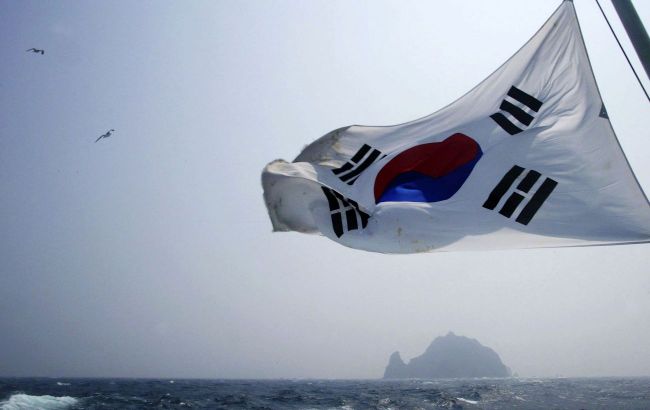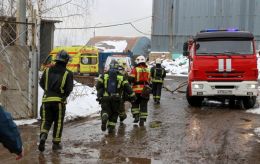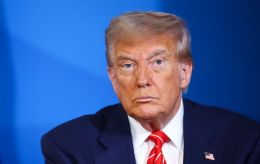South Korea will create strategic command to ban DPRK
 Illustrative photo (Getty Images)
Illustrative photo (Getty Images)
The South Korean Cabinet has approved a presidential decree to establish a new military command, which will begin functioning at the end of this year, according to Yonhap.
The command will be responsible for strategic operations and aims to enhance deterrence against North Korea's growing military threats.
The new strategic command will serve as the main body for deterring and responding to a potential North Korean nuclear attack or an attack using weapons of mass destruction. It will utilize key military assets, including "high-power" ballistic missiles and special operations forces.
After approval, the command will begin operations around October in the southern part of Seoul. It will oversee missile, cyber, drone, and special operations units, as well as, if necessary, some Navy and Air Force forces. The command will also lead efforts to integrate South Korea's advanced conventional forces with US nuclear capabilities.
Allies emphasize integrating such capabilities to better counter evolving nuclear threats from the North. Earlier this month, they signed a joint nuclear deterrence guideline document.
The new command will serve as an analog to the US Strategic Command, which is responsible for Washington's nuclear arsenal. It will work jointly on allies' deterrence efforts.
Additionally, the command will focus on developing the "Korea Massive Punishment and Retaliation" (KMPR) operational plan, which aims to disable the North Korean leadership in the event of a major conflict, and the Kill Chain preemptive strike platform—elements of the "three-axis" military deterrence system.
North Korea's nuclear threats
For decades, North Korea has repeatedly issued nuclear threats and conducted nuclear weapon tests, causing international concern.
North Korea conducted its first successful nuclear test in 2006. Since then, the country has conducted several tests, including the most powerful one in September 2017, which North Korea claimed was a hydrogen bomb test.
Under the leadership of dictator Kim Jong Un, North Korea regularly issues threats aimed at the US, South Korea, and other countries it considers enemies.

